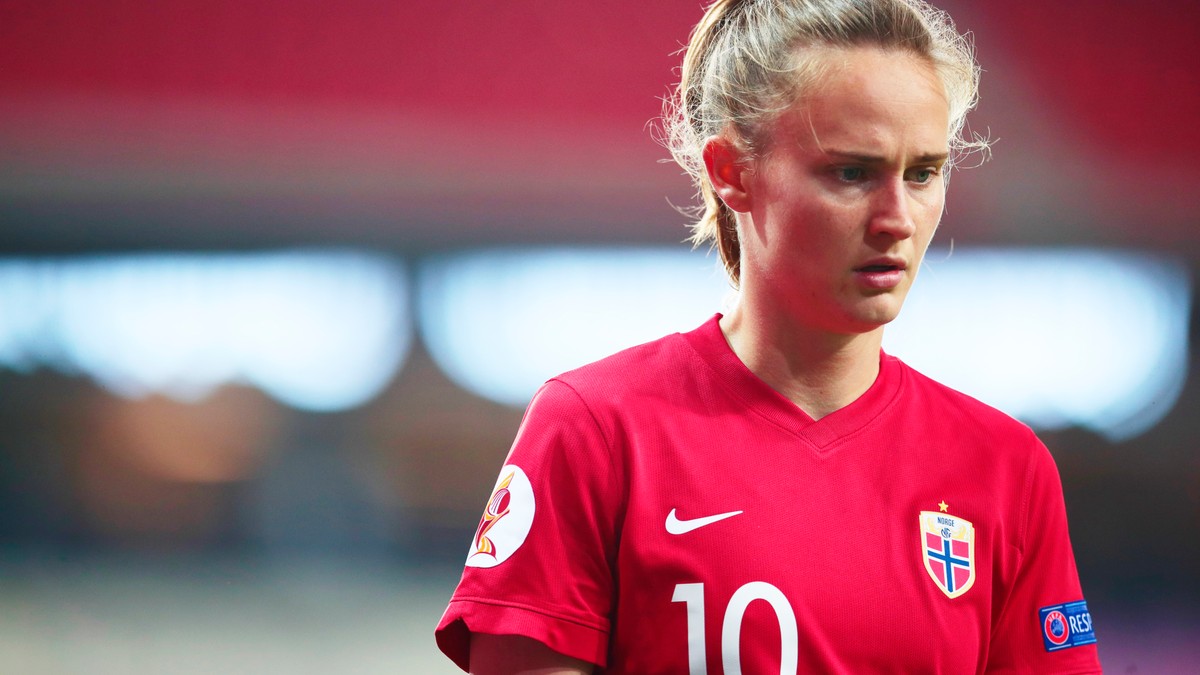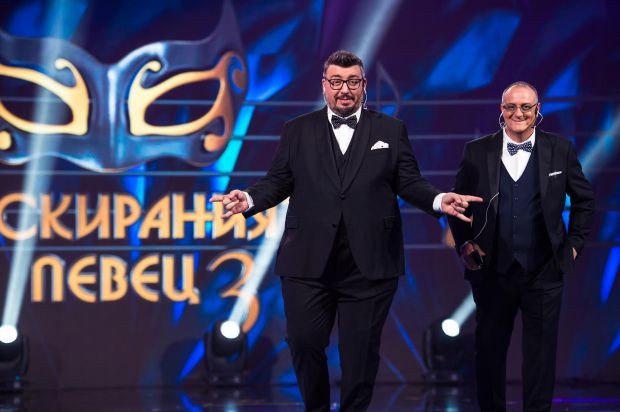How is one to explain what is wrong with the proposal to host the World Cup every other year, which we have realized the last week can become a reality much faster than anyone could have predicted?
As if you could imagine having Christmas twice a year? And remember that the question includes the entire Advent season and all gift purchases in crowded shopping centers.
Or if it would have been just as cool with a birthday every six months?
The answers, as in many other discussions, can quickly be influenced by which age group one belongs to.
Or, to put it further, the adult part of the population can compare this with parliamentary elections. One can discuss the joy of them, but very few will argue that it does not represent a national holiday.
Therefore, the less prestigious municipal and county council elections have been placed in the middle of the most important events, such as the parliamentary elections, so that these too will receive the attention they deserve after all.
Now Fifa wants to take away the experience of holidays every four years and in a way make all the World Cup a municipal election – while regional championships such as the European Championships can at best be transferred status as a county council election. No one is properly engaged in county council elections.
The World Cup every other year will be a big loss for Uefa, for those who care about history and holidays, for the clubs and for the women. But it also means that there are others who feel they have a lot to gain from this. In these election times, we start with them.
Born in Saudi Arabia, raised in Qatar
Football’s new international pain has arisen in the way they often do today. Fifa president Gianni Infantino has visited Saudi Arabia’s capital Riyadh several times in recent years and discussed life with his ever closer friend, the infamous Crown Prince bin Salman.
In May, the proposal came up at the Fifa Congress to host the World Cup every other year for both women and men, as opposed to every fourth as now. The proposer was Saudi Arabia, which does not even have a national team for women.
Twice as many world championships mean twice as much of the best football – and perhaps sport as such – has to offer. For both sexes. It is possible to understand the temptations.
166 of Fifa’s 211 member nations then also supported taking the proposal further.
Hope for the hopeless (including Norway)
Here in Norway, we concentrate most on elections right now, where sports are a totally absent topic. But the proposed changes could also be of great significance to us. For suddenly, the chances that our national team members will finally get to play in football’s most attractive tournament will double in number. If you do not manage to qualify for a World Cup final today, which Norway, as is well known, very rarely does, the wait will be long until the next opportunity arises.
Even for nations like Italy and the Netherlands, next year will have been 8 years since they last played the World Cup.
This means that for many of the world’s biggest stars, including Erling Braut Haaland, they may never get to appear on the biggest stage.
Only 79 countries have ever qualified for a World Cup. This means that more than 130 nations dream of getting the chance.
They will more than anything else avoid a repeat of the World Cup in Russia in 2018. It went without the largest market, the United States, and the most populous nation, China. This is not how you want it.
Therefore, the number of participants in the World Cup has been expanded to 48 from 2026, which is considered an intermediate stage on the way to the desired 64, which gives an incredible 128 matches in each championship – and every other year, from as early as the World Cup’s centenary in 2030.
Europe against the world
Still – if this proposal may not have the effect of getting football’s masses and souls out into the streets in protests, as after the famous super league launch, the opposition is strong. Then as now the strongest from the European Football Association, Uefa. The European Championship, which today is the qualitatively strongest tournament in the world, will be postponed to an odd number of years – and with it immediately devalued, regardless of whether Uefa will necessarily feel the need to also arrange its own garden party every other year.
From 2030, the championship calendar could end up looking something like this in the next decade:
2030 VM i England
2031 EM and Spain
2033 EM i Russia
2034 VM i Argentina
2035 European Championships in Hungary and the Czech Republic
2036 VM i Saudi-Arabia
2037 EM and Norden
2038 VM i Australia
2039 European Championships in Greece and Turkey
Use your voice
Is there something missing? Just. Two things.
The magic of having something very special to look forward to every four years, in the same way as with the Olympics. World Cup as a product will be devalued. But this does not worry Fifa, who believe they will please the rising and more restless generations. In addition to doubling the revenue, of course.
The other is the women.
After their 2019 World Cup in France, the women moved close to getting the status they deserve at their championships. More than 1.1 billion viewers watched the matches worldwide, a number that also made an impression on Fifa. Therefore, the number of participating countries has also been expanded to 32 from the next World Cup.
But the main reason why the world has finally discovered the qualities of women’s championships is that they have had attention alone the years they have been arranged.
Exclusivity is essential, which was also the reason why the Winter Olympics were moved to other years than the summer games from and including Lillehammer in 1994 – with great success.
That will now be the end for women. When Uefa and the other regional federations move their own championships to the same years, they will take disproportionate amounts of money and attention.
Some people suffer when football cannibalizes itself.
MIGHTY MAN: FIFA President Gianni Infantino recently visited the Ivory Coast.
Photo: Luc Gnago / Reuters
–
Then it does not help that Saudi Arabia proposes that the women should also get the World Cup every other year – or that Gianni Infantino says that women’s football should be further developed, without copying what is done for the men.
One has to think outside the box when it comes to women, said the planet’s own football president – before concluding:
«We need to get those creative juices flowing».
You can translate yourself.
Nothing sounds quite as it should when the world’s most powerful football leader talks about women.
–


